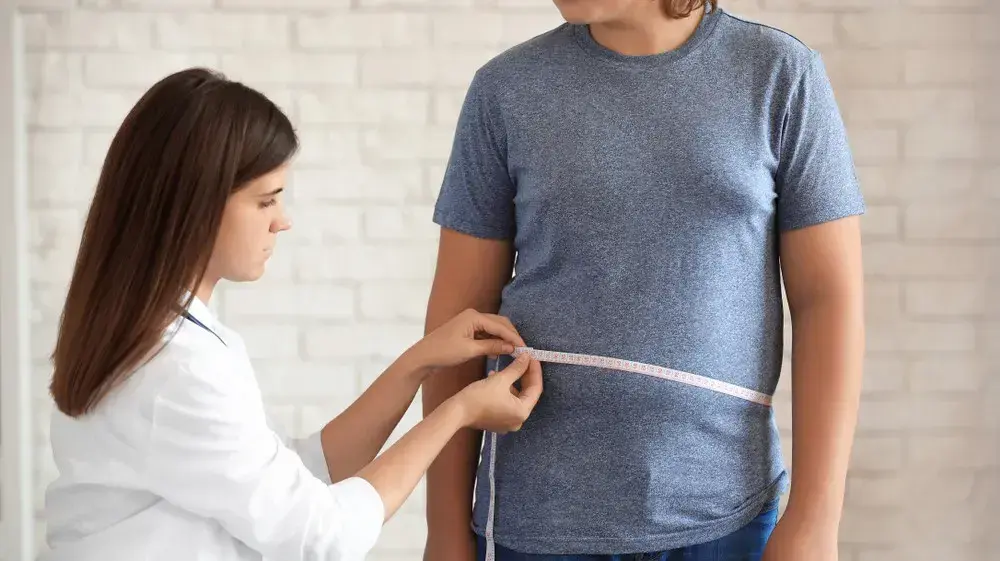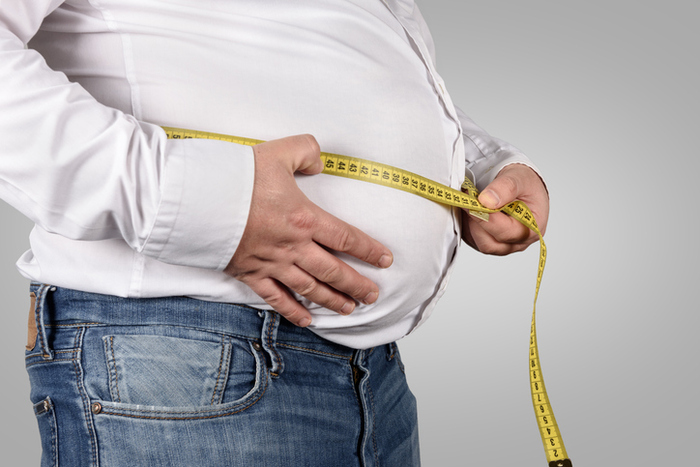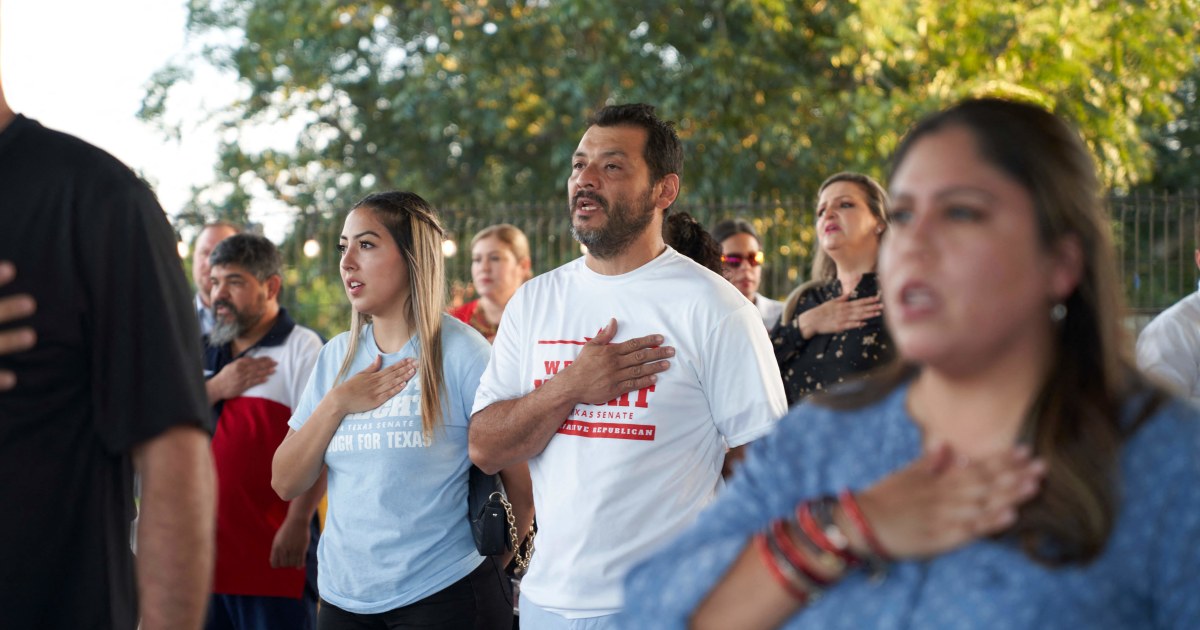Obesity and overweight in children and adolescents were an epidemic before covid-19.
But what was hardly worrying is now an alarm for public health in Latin America and the Caribbean.
This form of malnutrition has spread throughout the region for the past three decades.
If in 1990 6.2% of those under five were overweight, after the first year of the pandemic this condition reached 7.5%, exceeding the world average of 5.7%.
The climb is not small.
There are 400,000 more Latin American minors.
More information
"Childhood obesity has grown 400% in four decades"
Argentina debates a food labeling law to combat childhood obesity
Why do our children eat worse than we think?
"This percentage reaches up to 30% for those between 5 and 19 years old, that is, one in three at that age is overweight," warned Maaike Arts, adviser at Unicef on health and nutrition issues for the region, in the Virtual act to launch the publication
Overweight in childhood: A call for prevention in Latin America and the Caribbean
.
The most disturbing figures are registered in children and adolescents from the Southern Cone, led by Argentina with a prevalence of 36.4%. It is followed by the Bahamas with 36%, Chile and Mexico with 35.5% and Venezuela with 34%, according to the data collected in the scientific platform NCD-RisC. "But what is really worrying is that there is no country in the region with a prevalence of overweight less than 20% for this age group," the expert warned.
Covid-19 has made things worse. With the longest and uninterrupted school closings in the world, in Latin America and the Caribbean many minors have stopped accessing school feeding programs and having spaces for physical activity. Far from prospering, so far two out of every three children here are still out of the classroom, according to the latest Unicef estimates. Meanwhile, their caregivers have lost their jobs due to the crisis, making healthy eating more difficult.
That is a reality for the children of the Villa Victoria human settlement, in the Villa El Salvador district south of Lima. Despite the fact that what is seen the most here is malnutrition, there is also the risk of childhood overweight. "We try to give them a balanced lunch, if there is no meat or chicken, we add potatoes or eggs, but today even that is expensive," says Aida Gamarra, one of the founders of the Mujeres Unidas common pot, who thanks to collections and donations, it has fed 130 people for a year. “Here eating well has become a luxury. Chicken is almost a rich man's food and meat, worse. So far this year we have served meat about three times. And that hurts us, because the children don't eat at home either; it is not enough for their families ”.
So far this year we have served meat about three times.
Children do not eat at home either;
their families no longer have enough
Aida Gamarra, one of the founders of the Mujeres Unidas common pot
Among the stories that go through the common pot, the founders recall that of a 17-year-old adolescent who, due to lack of resources, only ate cookies or chips.
“We explained to him that this did not nourish him, but he told us: I only have 50 cents (0.10 euros).
He was very hungry and had to fill his belly whatever it was, ”recalls Teresa Vega, another of the founders on the other end of the line.
"That's why here we created a kind of little
school
where we give children like him a
lunchbox
(lunchbox) with a fruit porridge, and if they don't have internet they use our mobile phones to do their homework."
Obesity is not just one thing
To reduce the rise in childhood obesity in Latin America and the Caribbean, UNICEF focuses on prevention from the first years of life, which also means exclusive breastfeeding.
“The risk of chronic non-communicable diseases, such as diabetes and cancer, increases with age.
But when we prevent in the first years of life, this risk is greatly reduced, "said Arts in the videoconference, who also stressed that being overweight implies a greater risk of children suffering serious sequelae in case of contracting covid-19.
On the other hand, to make a healthy diet affordable around the world, UNICEF and the World Health Organization (WHO) have already requested at the Food Systems Summit to reduce the price of nutritious foods such as eggs, dairy, fruits, vegetables and whole grains, and instead the tax is raised on those that are not healthy such as sugary drinks and ultra-processed ones.
This is one of the measures that fall under the “systems approach” that UNICEF defends to end child malnutrition. "We must leave the narrative that obesity is the result of individual actions, and change it to one of systems," Arts explained. It refers to the fact that rather than blaming a family or a child for being overweight, factors in food systems, such as production and marketing, that affect children's diet should also be considered. Hence, the agency's actions include the restriction of harmful advertising of food directed at children, the frontal labeling of products with excess sugar, fat and salt, the promotion of breastfeeding, even the regulation of school environments.
In schools, the feeding of some 85 million children in Latin America and the Caribbean is guaranteed.
The pandemic also put them at risk
For example, Uruguay advocated for it to be one of the first countries in Latin America with a front labeling law on packaged foods.
The same is being done by Argentina, the country with the worst figures.
On the other hand, Mexico contributed to a new labeling that is already considered the best in the world, in consultation with experts from Chile, Peru and Uruguay.
For its success, it has included guidelines for the country's public schools to adapt to the new labeling and, therefore, restrict the distribution of these products.
In particular, schools ensure the feeding of some 85 million children in Latin America and the Caribbean, according to a statement from the Food and Agriculture Organization (FAO). For this reason, Unicef has urged the recovery of school feeding programs and the reopening of schools “as soon as possible”, something that it has been supporting with contagion prevention guidelines for governments, educational and hygiene material, and psychosocial support for students and teachers.
For Fabio Da Silva, advisor on nutrition and physical activity at the Pan American Health Organization (PAHO / WHO), schools are also basic spaces where to encourage the consumption of healthier foods. "It is important that there are activities such as cooking classes or school gardens that make them fall in love with real food," said the expert in the presentation of the study. “But if we promote this demand, we must also stop the sabotage of some industries to the right to adequate food. If we are not complying with protecting this right, we will not be guaranteeing the right to childhood and health. All these rights are indivisible and interdependent ”.
FUTURE PLANET can follow on
,
and
, and subscribe
here
to our 'newsletter'
.








/cloudfront-eu-central-1.images.arcpublishing.com/prisa/RDU33EMH6NBSHNKREMLJH4TGFQ.jpg)
